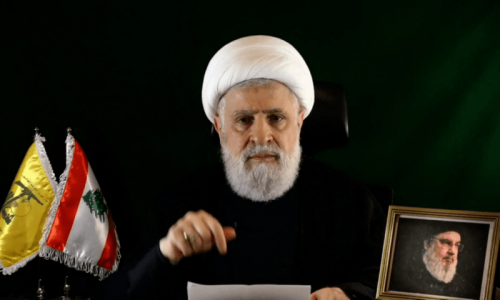NEW DELHI: While his inauguration was feted by many nations, India is worried Barack Obama will not give it the unqualified diplomatic and security backing it seeks, not least over Kashmir.
India and United States are at their closest in years and analysts expect them to remain friends, but spiralling insecurity in South Asia, from Afghanistan to Mumbai, has unearthed bones of contention.
The central fear is that Obama and his Western allies will become more involved in efforts to urge India to find a solution to Kashmir as part of a broader strategy to bring stability to Pakistan and Afghanistan, strategic affairs analysts and former diplomats say.There have been a growing number of think-tanks and strategic experts, some linked to the Obama administration, who believe that finding a solution to Kashmir would rid the region of one of its chief sources of Islamist militant recruitment.
“The government of India has been exuding this type of concern,” said C. Uday Bhaskar, a New Delhi-based strategic analyst.
Kashmir, ruled in parts but claimed in full by nuclear-armed rivals India and Pakistan, has been at the centre of regional tensions for decades.
No outside influence
But India sees Kashmir as a bilateral issue and dismisses any outside influence. Telling India to discuss Kashmir is akin to telling China to discuss the future of Tibet.
When Obama suggested during his campaign that a special envoy was needed for Kashmir, he was criticised by Indian media. Even talk of a wider South Asia envoy makes Delhi nervous.“It is natural that Indians feel jittery with the public statements made by Obama,” said Siddharth Varadarajan, strategic affairs editor of the Hindu newspaper.
Worries were fuelled last week when visiting British Foreign Secretary David Miliband also raised the Kashmir dispute and said a solution would bolster regional stability.
“There is a worry that Miliband’s discourse was similar to Obama’s; that this represents some shift in thinking,” Varadarajan said.
“It is this sense of tying Afghanistan and Kashmir in one big package that has many Indians very upset.”
Underlying this unease is the fact that the Indian government had good relations with former President George W. Bush, who pushed a deal allowing India access to civilian nuclear technology and reversed decades of non-proliferation policies.
“India has had a very good ride with Bush,” said Bhaskar.
“The Democrats come with a lot of baggage.”
Former diplomats and analysts say many Indian officials are suspicious of some Democrats, who have either opposed the nuclear deal or are cautious about India’s regional intentions.
“There is a group of neocons in the Indian government that wanted McCain to win,” said Brahma Chellaney, professor of strategic studies at the Centre for Policy Research. “They are uncomfortable of an unknown commodity that is Obama.”
There are also worries that Obama, with so much on his plate, will not push Pakistan as hard as India wants to arrest those behind November’s Mumbai attacks.
But this may all be just short-term blues.
India is just too important in global affairs for Washington to annoy and Delhi holds some aces – not least as US firms bid to supply fighters worth $10 billion in one of the world’s biggest arms deals.—Reuters















































Dear visitor, the comments section is undergoing an overhaul and will return soon.